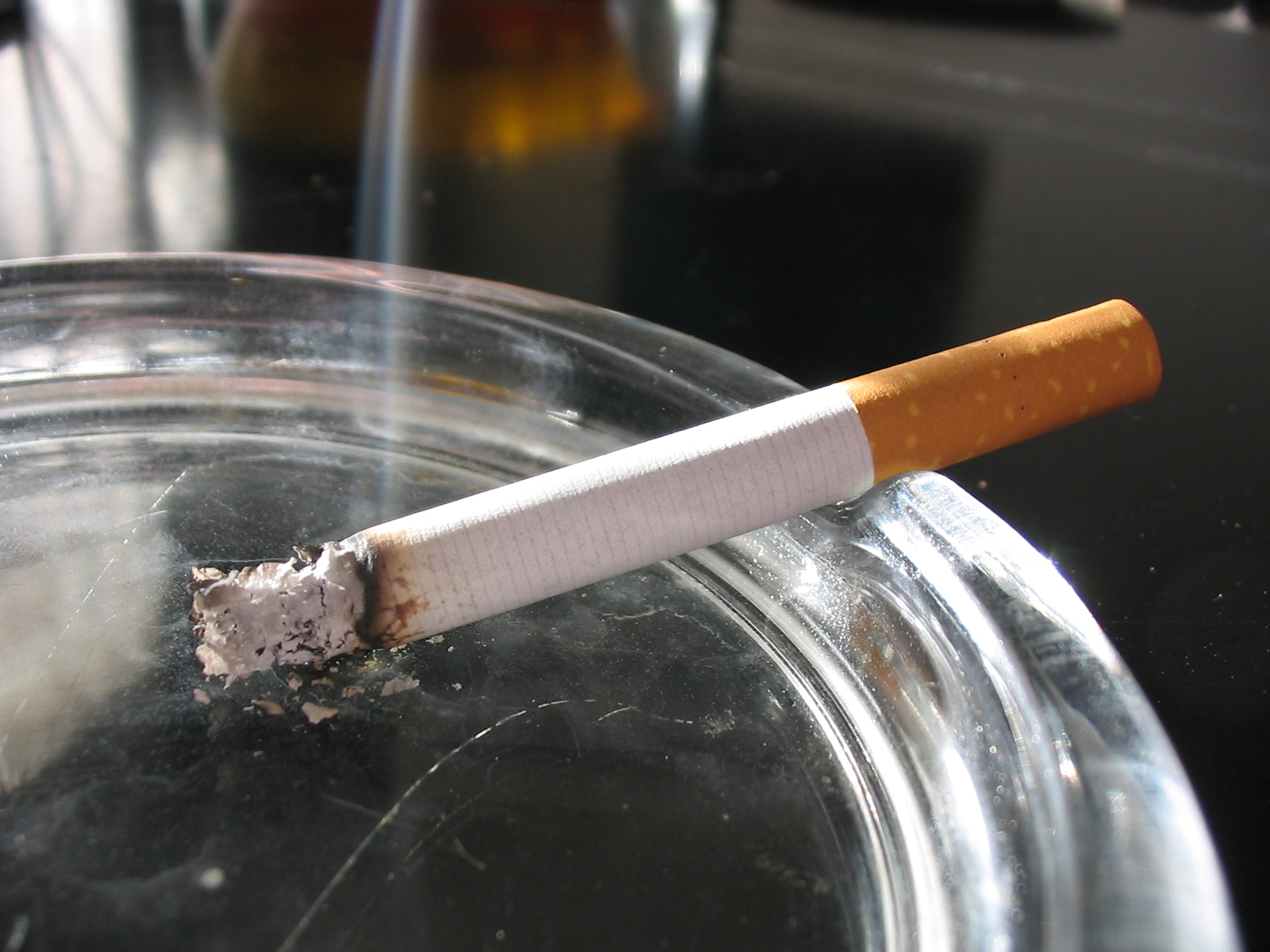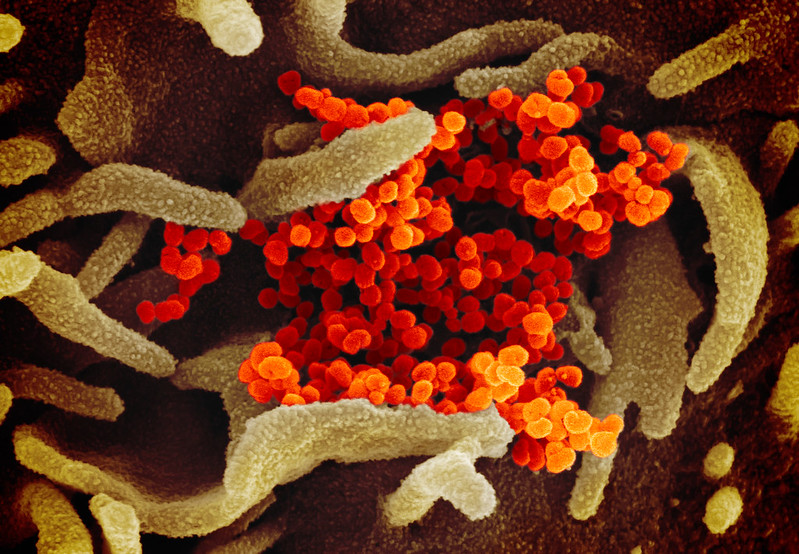Smoking is a problem. Cigarettes are disgusting and smoking them is a habit that doesn’t benefit anyone.
It’s not surprising that cigarettes really bother me. In fact I’ve blogged about the topic before, but I think it’s time to revisit the subject especially since cigarette smoking is back in the news.
The National Health Service (NHS) in the UK and a company in Japan are taking aim at smokers. They are doing it, however, in very different ways.
Let’s discuss.
First… over in Japan (per CNBC):
SOURCE – One company in Japan, where smoking is deeply ingrained into culture, decided to do something about it. After a non-smoking employee submitted a complaint about how smoke breaks were affecting productivity, marketing firm Piala Inc. made a change to its paid time off policy.
The company granted non-smoking staff an additional six days off each year to make up for the time smokers take for cigarette breaks.
The company’s CEO said, “I hope to encourage employees to quit smoking through incentives rather than penalties or coercion.”
It’s an interesting plan, for sure.
On the other hand, the NHS in the UK seems to be taking a different approach to battle smoking, albeit a bit more controversial.
Per the Telegraph:
SOURCE – The NHS will ban patients from surgery indefinitely unless they lose weight or quit smoking, under controversial plans drawn up in Hertfordshire… The criteria also mean smokers will only be referred for operations if they have stopped smoking for at least eight weeks, with such patients breathalysed before referral.
East and North Hertfordshire CCG and Herts Valleys said the plans aimed to encourage people “to take more responsibility for their own health and wellbeing, wherever possible, freeing up limited NHS resources for priority treatment”.
If you’re like me and don’t know what a “CCG” is, then let’s pop over to the NHS website. The “CCG” (Clinical Commisioning Group) is an arm of the NHS. “They are clinically led statutory NHS bodies responsible for the planning and commissioning of healthcare services for their local area.”
I only want to talk about the smoking side of this policy, I’ll let you debate obesity side of it amongst yourselves.
So this plan in parts of the UK is pretty wild, and it’s one of those weird regulation things that can happen when the state controls a person’s healthcare. The way I see it, the principle behind this is not that different from the “opt-out” organ donation policies that we are seeing pop up around the world – an administrative group makes a decision that will benefit the collective population’s health.
Some political pundits in the UK are claiming that this is a move motivated by the NHS budget, others say it’s unfair since it is infringing on a person’s rights and targeting a portion of the population.
Because smoking can impact third parties via secondhand smoke, I kind of love it and would like to see governments take this a step further.
I think that if you smoke yourself straight into a chronic illness without quitting, you should be paying out of pocket for your care, and that goes for e-cigarette smokers too.
The government and insurance agencies shouldn’t be wasting their time on you.
We live in a world with limited resources. Why should we be spending valuable assets on those who choose to drain the system?
According to the CDC (June 2017):
SOURCE – Smoking-related illness in the United States costs more than $300 billion each year…including nearly $170 billion for direct medical care for adult [and] more than $156 billion in lost productivity, including $5.6 billion in lost productivity due to secondhand smoke exposure.
Imagine spending that $170 billion elsewhere in the healthcare.
How can I justify MY tax dollars (someone born with a terminal respiratory illness) going towards someone battling smoking related illness? I cannot.
Is punishing someone the most effective policy in the world? I’m not sure, but I do know that there are people living with genetic illness who are indirectly suffering from infuriating healthcare policies. That much I can say for certainty.
The NHS’ plan (and mine) is far different from the one we are seeing instituted by our favorite Japanese company. Ultimately they serve to achieve the same thing, through positive reinforcement. Admittedly I’m a little salty when it comes to this topic, but maybe the way the Japanese are providing incentive for smokers to quit is the way to do things:
So far, however, the measure taken by Piala Inc. seems to be working. Four of the company’s 42 employees who smoke have already given up the habit.
One of those new non-smokers, Shun Shinbaba, 25, told CNNMoney he used to smoke a pack of cigarettes every two days, and that he plans to use his newfound vacation time to play tennis.
Smoking is one of those things I have very little patience for. I understand that people claim it’s generational and that addiction is an illness, but the first cigarette is a choice.
People who smoke themselves right into chronic illness without any care about quitting serve no one. Do I think it’s right to incentivize people to quit? I’m not sure.
I look at my own situation, and think what is my incentive to take care of myself? The answer is the opportunity to live. I think smokers or people who pick up a cigarette for the first time need to start looking at things that way.
Living a full life in good health should be the only incentive necessary.
I can tell you from experience that respiratory illness is not a fun way to live. Let that be a warning.





